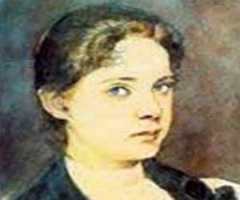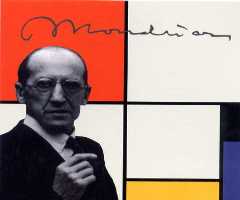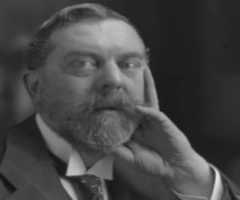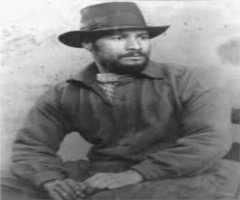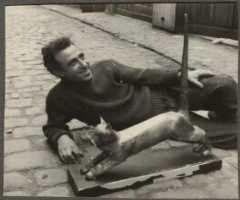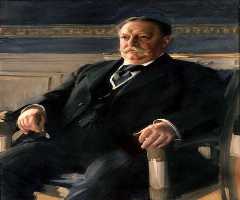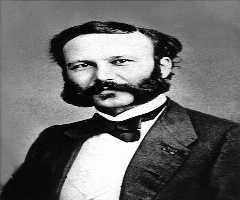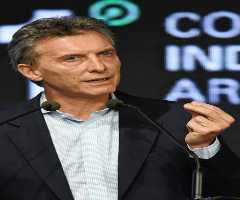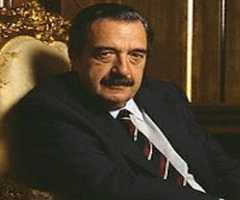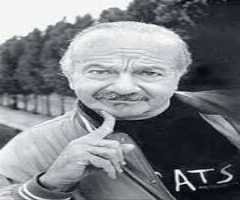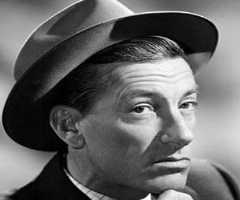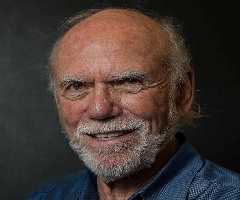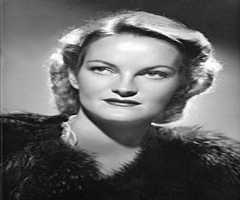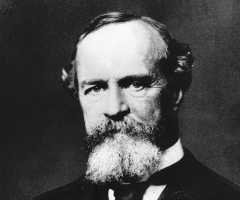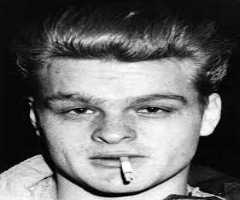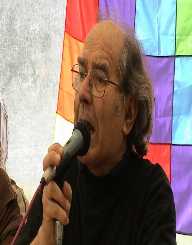
Also Known For : Human Rights Activist
Birth Place : Buenos Aires, Argentina
Zodiac Sign : Sagittarius
Adolfo Pérez Esquivel Biography, Life, Interesting Facts
Adolfo Pérez Esquivel is a popular Argentine writer, painter, and a human right activist. Born on November 26, 1931, Adolfo Pérez Esquivel adds up as a community organizer, architect, and sculptor. Adolfo Pérez Esquivel worked tirelessly as an activist to against human right abuses and was agent in bringing equity, tranquillity, and justice to the poor and vulnerable especially in South America. During the 1970s Adolfo Pérez Esquivel found is a voice in criticising the brutalities which occurred in his country during the military rule. For his activism, Adolfo Pérez Esquivel earned a Nobel Peace Prize in 1980.
Early Life And Education
Adolfo Pérez Esquivel was born on November 26, 1931, in Buenos Aires to a Spanish father and an Argentine mother. Adolfo Pérez Esquivel lost his mother at age three and with his father being a peasant fisherman; Esquivel was raised in poverty that may have informed his future activism career do advocate for the poor. Despite his background, his education was ensured, and Esquivel was educated at the Manuel Belgrano School of Fine Arts. Adolfo Pérez Esquivel later enrolled at the National University of La Plata where he studied painting and sculpture.
Career
After his education, Adolfo Pérez Esquivel pursued career architecture and was appointed as a professor of an architect at the Argentine National School of Fine Arts. Adolfo Pérez Esquivel also worked with as a sculpture with numerous sculptural media. As a teacher, Adolfo Pérez Esquivel taught at all levels in the educational sector being from primary to university for more than a decade.
Activist
Adolfo Pérez Esquivel after spending 25 years in the educational sector resigned from his post in 1974. During his teaching career, Adolfo Pérez Esquivel also worked with a Latin-based American Christian pacifist in 1960. His resignation only came after Adolfo Pérez Esquivel was appointed the coordinator general for a network of Latin America-based communities aimed at promoting liberation of the poor with a nonviolent approach. After the March 1976 coup which saw the coming to power of the dictator General Jorge Videla, human right abuses brutalities became dominant. With this situation at hand, Adolfo Pérez Esquivel was instrumental in the bringing together and financing popular organizations to fight for the human rights of the citizens of Argentina. These organizations also supported the families of victims during the Dirty War.
Adolfo Pérez Esquivel had in 1974 co-founded the NGO Servicio Paz y Justicia which was trumpeting for the condemnation of the atrocities of the military regime and the adherence to human rights through international campaigns. Through his relentless campaign for human rights and his persistent accusations of brutalities of the Argentine regime countries in sub-region, Adolfo Pérez Esquivel was arrested and detained by the Brazilian Military Police in 1975. Just a year after, Adolfo Pérez Esquivel and some Latin American and North American bishops were jailed in Ecuador. After his release, he was once again in 1977 detained in Buenos Aires by the Argentine Federal Police. This time, Adolfo Pérez Esquivel was tutored and held for without trial for 14 months.
His works and dedication were however recognized with honors like the Pope John XXIII Peace Memorial and was nominated for the Nobel Peace Prize in 1976 but will win that of 1980. Despite his constant harassments and arrest, Adolfo Pérez Esquivel never backed out as he continued to the environmentalism, indigenous people of Argentina and also stood against policies like the Free Trade Area of America. Adolfo Pérez Esquivel was appointed as president of the Honorary Council of Service, Latin American Peace, and Justice Foundation and the International League for Human Rights and Liberation of Peoples, Milan and also became a member of the Permanent People’s Tribunal.
Views
Adolfo Pérez Esquivel referred to the United States as an axis of evil in their unprovoked interventions in a war they were not invited. Referring to the 9/11attack as self-inflicted or self-coup, Adolfo Pérez Esquivel said the United States just used that as an excuse to attack Afghanistan and Iraq. Adolfo Pérez Esquivel was also against the killing of Osama Bin Laden instead of him being tried and claimed several secrets of 9/11 would have been revealed if he was tried hence his killing. Adolfo Pérez Esquivel was also against any outside military interventions in the Libyan Civil War and the Syrian Civil War.
Personal Life
Adolfo Pérez Esquivel was married to a pianist and composer, Amanda Perez in 1956. The couple had three children.
Honors
Adolfo Pérez Esquivel received several awards and honor for his relentless efforts in promoting human rights in Argentina and its sub-region. On December 1980, Adolfo Pérez Esquivel was awarded the Nobel Peace Prize for his efforts in the defense of human right. Adolfo Pérez Esquivel had previously in 1976 been nominated but lost to someone else. Adolfo Pérez Esquivel donated the prize to charity. In 1999 Adolfo Pérez Esquivel was won the Pacem in Terris Award and was appointed by the University of Buenos Aires as a Professor of Peace and Human Rights Studies.
Books
In 1995 Adolfo Pérez Esquivel published the book Caminando Junto al Pueblo " Walking Together with the People," which talks about his experiences he had with nonviolence activism in Latin America.
